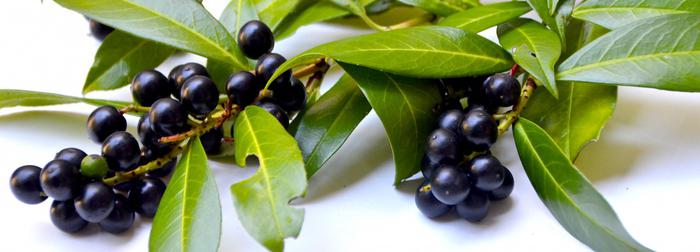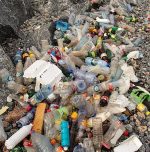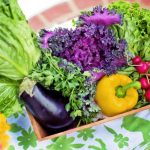Hidden dangers of food packaging and how to avoid toxic-free food

A recent study has uncovered alarming connections between nearly 200 chemicals used in food packaging and plastic tableware and their link to breast cancer.
Many of these substances can migrate into the human body, posing severe health risks.
Notably, carcinogens like benzene, known to cause breast cancer in humans and animals, and 4,4’-Methylenebis-(2-Chloroaniline), linked to bladder cancer, have been identified.
Additionally, chemicals such as 2,4-Toluenediamine, found to cause breast cancer in animals, and dyes like 3,3′-Dimethylbenzidine, often used in colouring plastics and paper, contribute to this toxic exposure.
While plastics are the primary culprits, the study found 89 suspected carcinogens in paper and cardboard food containers.
These materials contain additives like emulsifiers, adhesives, and even plastic layers, further enhancing the danger.
Bisphenols, phthalates, and perfluoroalkyl substances (PFAS), known as “forever chemicals,” are also prevalent.
PFAS, used to prevent grease and water from penetrating food wrappers, have been linked to cancer, high cholesterol, and chronic diseases.
Phthalates contribute to childhood obesity, asthma, and cardiovascular problems, while bisphenol A (BPA) is associated with fetal abnormalities, diabetes, heart disease, and an increased risk of early death.
Here are some ways to reduce exposure to toxic chemicals:
While regulatory bodies must take action, there are steps consumers can take to minimize exposure to these harmful substances:
- Plastic containers can leach dangerous chemicals like BPA into food, especially when microwaved. Switch to glass, ceramic, or stainless steel for food storage.
- Teflon and other non-stick coatings release toxic compounds. Opt for cast iron, ceramic, or glass cookware instead.
- Organic foods are free from pesticides and harmful chemicals. Opt for hormone-free meats and dairy to reduce exposure to growth hormones and pesticides.
- Studies show a link between high red meat consumption and breast cancer. Eating more plant-based foods, rich in fruits, vegetables, and healthy fats, helps lower the risk.
- Food and drink cans often contain BPA linings. Until safer alternatives are confirmed, opt for fresh or frozen food.
By taking these steps, consumers can reduce their exposure to harmful chemicals, fostering healthier lifestyles.
Image from Pxhere (Free for commercial use / CC0 Public Domain)
Image Published on January 25, 2017
Image Reference: https://pxhere.com/en/photo/542845










Leave a Reply